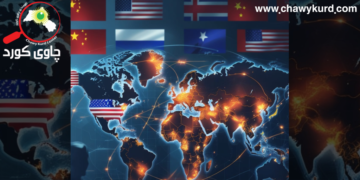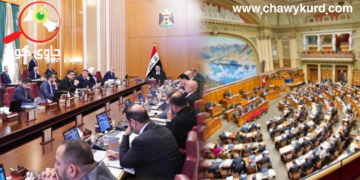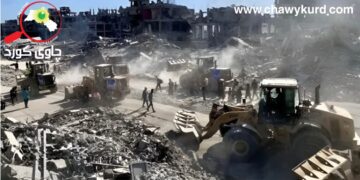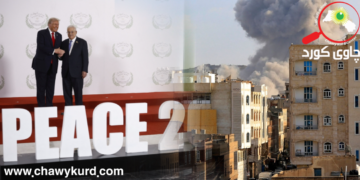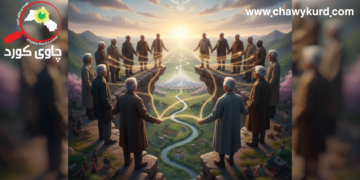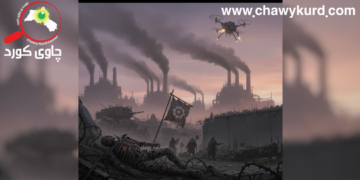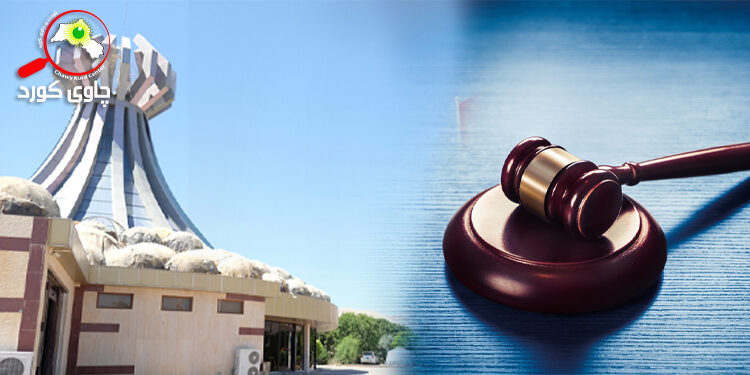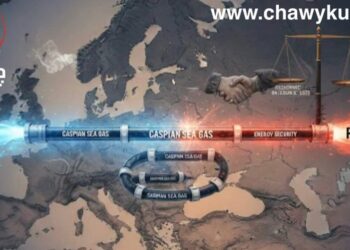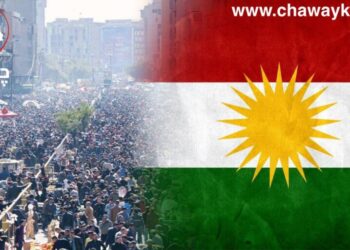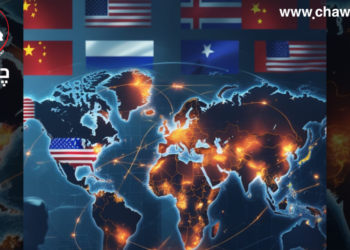”A Legal Assessment of the Case of Frans Van Anraat”
34 years have passed since the genocide of Halabja and 35 years of the genocide of Sardasht, in the massacre of these two Kurdish cities, the Iraqi government is not alone responsible. Instead, several companies and businessmen around the world are criminally responsible and involved in the crime. In this article, we analyze the case of one of the businessmen who was tried and sentenced by the court of The Hague in the case of chemical attacks on Halabja, Sardasht and several other villages and regions of Kurdistan.
Who is Frans van Anraat?
Frans van Anraat (born 1942) was a Dutch businessman who bought 11 tons of mustard gas from the United States and Japan between April 19, 1984 and August 25. He worked through companies in various countries and supplied the chemical weapons to the Iraqi government. After 1984, it was the only supplier of the chemical weapons to the Iraqi government. In 2005, he sentenced by The Hague Court on charges of aiding and abetting genocide committed by Saddam Hussein and Ali Hassan Majid Tikrit against the Kurdish population.
“Anraat’s criminal participation in Iraq’s attack on Halabja”
Regarding Anraat’s criminal involvement with Iraq in crimes against the Kurds, The court reached a decision that Anraat intentionally supplied thiodiglycol, phosphorus chloride and other substances with the intention of producing chemical weapons (mustard gas) to the Iraqi Republic. He consulted to the Iraqi government to produce chemical weapons and its work for was for purpose of gaining profits, which made a fundamental contribution to chemical warfare programs in Iraq.
These chemical weapons were purposely used by Saddam Hussein, Ali Hassan Majid Tikrit and others against Halabja and its villages, Zewa, Goptapa and Birjini in order to completely or partially eradicate the ethnic or racial group. As a result, it has resulted deaths of children, partners and family members, and physical and mental damage to those who have survived. These attacks prove that these are very dangerous war crimes. In the final decision of the Hague Court alone, in addition to the decisions of the Hague Court of Appeal, the Supreme Court of the Netherlands and the European Court of Human Rights, Halabja is mentioned 95 times, Zewa 35 times, Goptapa 7 times and 4 times is named Birjini.
Anraat’s criminal participation in Iraq’s attack on Sardasht
Regarding his participation in Iraqi’s attack against Iran, the court mentioned that “inside Iran, they are attacked military and civilians, which caused deaths and physical injuries. Moreover, the chemical weapons were used against people who are not directly involved in the conflict, such as civilians in (Khorramshahr, Alut, Sardasht, Rasha Harme, Zardeh and Shino). Similarly, in the final decision of The Hague Court, Sardasht mentions 57 times, Shino 13 times, Alut 15 times, Rasha Herme 12 times and Zarde 18 times. These villages are Kurdish and a part of Kurdistan that have been subjected to chemical attacks by the Iraqi government.
“Imposing sanctions and implementing justice“
“In an opinion of the court and proven facts, even highest sentence will not bring full justice to the victims”. Immediately after seeing photographs of victims of Halabja attack, defendant wanted to continue his chemical business and returned to Baghdad on or near July 28, 1988 and told his employees not to tell anyone in Europe where he was. The court also found no sorrow, remorse or sympathy in the defendant for the matter. Therefore, the punishment for participation in war crimes is 15 years imprisonment.” This punishment is appropriate under Part V of the Dutch International Crimes Code, which punishes war crimes with life imprisonment or a sentence not exceeding 30 years. The Hague court sentenced Anraat to 15 years in prison on the basis that he was involved in the crime rather than the main perpetrator. During the review of his case at the Court of Appeal in The Hague Court on 9/5/2007, Anraat’s sentence was increased to 17 years in prison. Anraat’s conviction as a war criminal was upheld by the Dutch Supreme Court on June 30, 2009, but his sentence was reduced to 16.5 years in prison.








